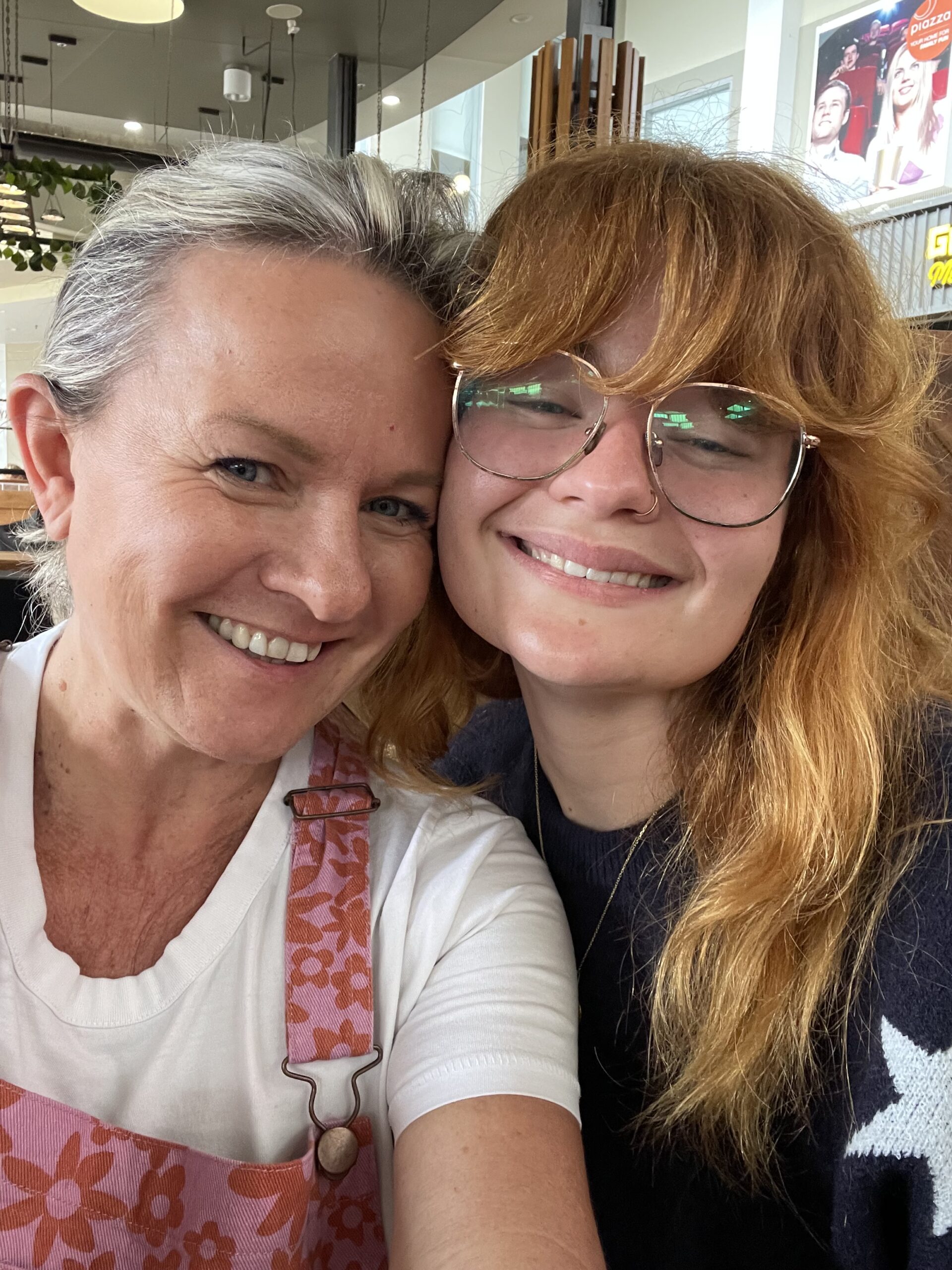A board of directors serves several purposes in your organisation. The corporate board’s roles and responsibilities include hiring and assessing the performance of the CEO, creating the culture of the board and the organisation, as well as providing governance and oversight functions.
In this last capacity, the board is tasked with watching over and assessing the organisation’s direction and strategic plans. The board identifies the vision, mission and goals for the organisation and makes policy decisions.
Each of these roles and responsibilities is equally important, and in order to be effective, boards must be actively engaged in fulfilling the duties required of each of these roles.
Does Your Board’s Performance Add Real Value?
Whether it’s a for-profit company or non-profit concern, boards and their members have a vital role to play in their organisation’s survival and development. An important question for leaders to ask is whether or not their board’s performance truly benefits their organisation?
Are your board members actively engaged in discussing critical issues that affect growth and sustainability? Are board sessions filled with open dialogue, where members are free to ask questions, consider options, and make strategic plans for the future?
Without open discussion, it is impossible for board members to gather the intelligence and information that they need to provide guidance or take action.
Do board Chairs and members work together as a team and in partnership with the CEO, or are meetings filled with rancour and power struggles? Alternatively, does your board seem to not get any real work done because members are too afraid to ask questions for fear of interrupting the proceedings and being seen as rude? Possibly worse, is your board’s agenda simply a list of seemingly endless presentations of reports that in the end do little to provide good governance and improve oversight?
To be effective, board members need to be actively engaged in their roles, and discuss real issues. They must also take care not to overstep their authority and take steps to work with and support the CEO rather than attempting to assume control over the day to day operations of the organisation.
Steps to Improve Board Engagement
Several leadership skills are needed to increase board engagement and effectiveness. Communication is perhaps the most important, as it supports open dialogue as well as relationship development and team building. Cooperation and collaboration are powerful multipliers that directly increase the results of any one individual’s efforts.
Increase Dialogue, Focus on Relationship Building to Foster Greater Understanding and Cooperation
Nearly every one of us becomes more open to hearing others out, and working together in a spirit of cooperation, when we have developed strong bonds of respect, trust and friendship with one another. Steps to improve your board’s engagement and effectiveness should begin with seeking ways to improve communication, facilitate open dialogue and increase camaraderie and collegiately among board members.
Including social events that allow board members to unwind, connect and get to know one another so that they are able to see one another as individuals will go a long way to breaking down barriers and improving communication. Consider having board meetings that are multiple day events. Hosting a dinner on the night before the meeting, is a great way to help members break the ice and get to know one another better before they sit down the next day to work together on the issues.
You can also foster greater team building by bringing board members together to support a cause outside of traditional board meetings. Consider hosting an auction or gala for a charity.
When planning social activities for your board members, don’t forget to include plans for a little fun, such as offering an evening of music and dancing at a company party. Members of your board are also likely to bond together if you inject a little friendly competition into your board’s social activities, such as a night of bowling.
The idea behind planning social activities for your board members is that you are providing an open and safe space for people to meet, connect, mingle and bond with one another prior to working together. This is especially important for boards that are large in number, comprised of individuals that normally do not work with one another on a regular basis, and for boards that tend to meet infrequently throughout the year.
Focus Agenda Priorities on Strategic Plans and Action Items
Unfinished business and dwelling on the past tend to be the bane of many boards. You can help your board become more strategic and effective simply by changing up the priorities of your board’s agenda.
Allow strategic plans and action items to take centre stage, by placing them at the top of your board’s agenda. Schedule time for others to ask questions and offer differing viewpoints to ensure that you are encouraging open discourse and increasing the opportunity for members to come up with creative solutions.
Save the reports, committee assignments, and unfinished business for last so that your board can tackle the truly big issues facing your organisation first, while everyone is fresh and more open to discussing critical issues.
Increase the Strategic Capacity of Your Board
Your board’s effectiveness and engagement will increase as you help your board move towards a more collaborative and strategic body. As part of this process, you will want to take steps to encourage and increase the development of your board’s strategic capacity.
To be effective, your board must be able to develop good strategies. There are three things that your board needs to do very well in order to develop sound strategies: identify problem areas for action, investigate the problem to increase understanding, and institute thoughtful analysis, including identifying diverse perspectives, in order to come up with multiple creative and effective options so that they can develop a strategy that effectively resolves the problem.
While most boards tend to excel at the first two items, they tend to run into difficult implementing the third step. You can increase the strategic capacity of your board simply by encouraging board members to seek multiple options, rather than just voting on committee recommendations.
You can also improve the quality of your board’s strategy by making the effort to ensure that before your board members meet, that board books contain the data, information and diverse perspectives that members will need in order to have a total 360-degree view of the problem, its underlying issues, and potential remedies.
Ultimately, the effectiveness of the board comes down to the leadership skills of the CEO, Chair and individual board members. When leaders actively work to facilitate open dialogue and greater camaraderie among board members, help the board to revamp its agenda to focus on strategy and action items, and help the board improve its strategic capacity, they can improve both the engagement of individual members of the board as well as the overall effectiveness and efficiency of the board as a whole.
Contact us today to learn more about how we can partner with you to keep your workmates safe!
1300 719 665 or +61 424 447 616
leadership course
leadership course free trial online
leadership course harvard business school
leadership courses for managers
basic leadership course
leadership crash course
online leadership course
leadership courses melbourne
leadership courses sydney
management and leadership course online free trial
leadership skills online course free trial
strategic leadership free online course trial
leadership development programs harvard business school
organizational leadership course
strategic leadership course
leadership training courses for managers
leadership courses for new managers
leadership courses for project managers
leadership courses for middle managers
leadership courses for senior managers
best leadership courses for managers
leadership development program for managers
leadership training program for managers
leadership program for new managers
leadership reaction course events
leadership reaction course manual
leadership reaction course army
leadership reaction course ideas
leadership reaction course answers
leadership reaction course solutions
leadership reaction course ocs
leadership reaction course usmc
basic leadership course requirements
basic leadership course reflective essay
online leadership courses
online leadership courses queensland
online leadership courses free trial
online leadership courses with certificate
online leadership courses for high school students
online leadership courses australia
leadership and management courses online free
leadership training videos online free
free leadership courses online australia
harvard online leadership courses free
free nursing leadership courses online
free online leadership courses for high school students
leadership courses melbourne online
leadership courses melbourne
leadership training melbourne
leadership programs melbourne
womens leadership courses melbourne
womens leadership courses sydney
womens leadership courses brisbane
womens leadership courses adelaide
executive leadership courses melbourne
executive leadership courses sydney
executive leadership courses brisbane
executive leadership courses adelaide
leadership development courses sydney
leadership courses workshops sydney
leadership course sydney
leadership coaching course sydney
leadership course north sydney
leadership and management courses sydney
leadership and management short courses
women in leadership
programs for women
keynote speaker
motivational speaker
emerging leaders
courageous leadership
sonia mcdonald
courses for women
executive coach
leadership coach
advisor



